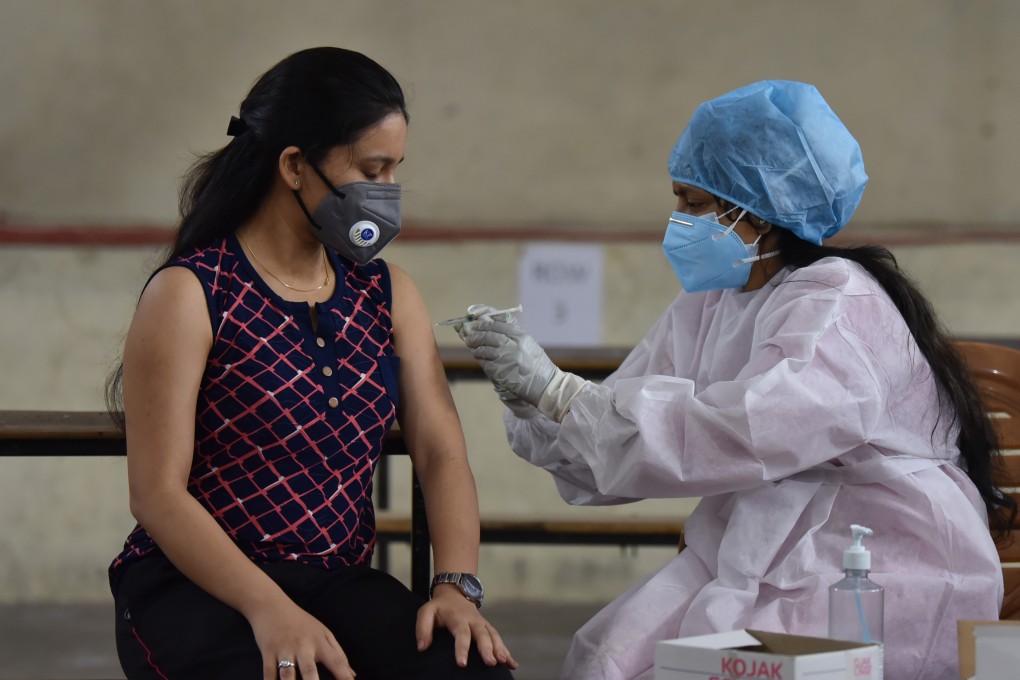Advertisement
Coronavirus: India shelves local trials for foreign vaccines to hasten imports amid deadly second wave
- The government said it was in talks with Pfizer for ‘earliest possible’ imports and also had discussions with J&J and Moderna
- Just about 3 per cent of India’s 1.3 billion people have been fully vaccinated, the lowest rate among the 10 countries with the most virus cases
Reading Time:2 minutes
Why you can trust SCMP

India on Thursday scrapped local trials for “well-established” foreign coronavirus vaccines to fast track imports as it battles a devastating second wave of the pandemic that has killed tens of thousands of people.
India recorded its highest Covid-19 death toll since the pandemic began last year in May, accounting for just over a third of the overall total.
India has been inoculating its people with the AstraZeneca vaccine produced locally at the Serum Institute, Covaxin made by domestic firm Bharat Biotech, and has begun rolling out Russia’s Sputnik V.
Advertisement
But supplies are far short of the millions of doses the world’s second-most populous country needs.
The government said it was in talks with Pfizer for “earliest possible” imports of its shots and that it had also had discussions with Johnson & Johnson and Moderna .
Last month, India pledged to fast track approvals for foreign vaccines but its insistence on local trials was a key reason for stalled discussions with Pfizer.
Advertisement
Select Voice
Select Speed
1.00x